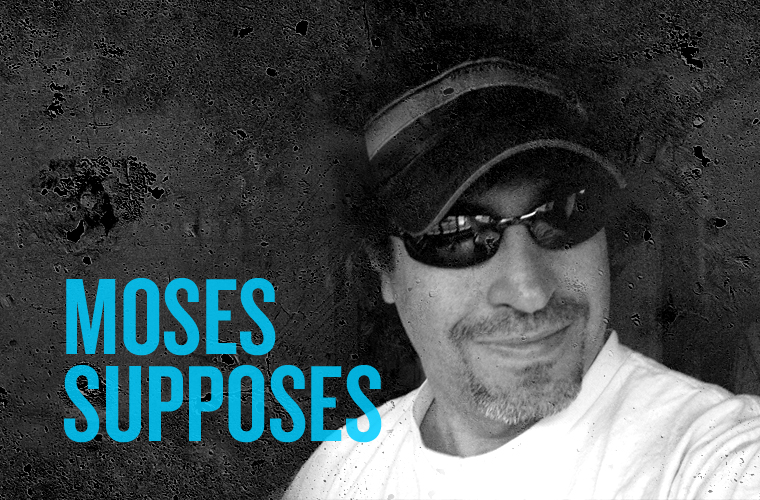Which Side Should You Be On?
Or: Okay, You Explained Like I’m Five, Now Explain It Like I’m Drunk
It depends on your interests. (Good pro/con piece here)
IN GENERAL: If you’re a “tech-head,” a term that I use to define those who have drunk the Silicon Valley Kool-Aid and believe everything that they read on Google News (these are also known as subscribers to Wired and Digital Music News), then you want zero enforcement of a free net. You trust VerGoogle to decide what you need to see and at what speed. You think (deep breath) that copyrights are passé and all this debate about “censorship” is propaganda by music / film companies to extort money from ISPs — who just want to make our lives better — and gouge music fans, who are entitled to free music because artists don’t make real money from music sales anyway.
But if you think like the founding fathers and believe in protecting copyrights, then you are opposed to a tiered internet. You’d side with the FCC — government doing what it’s supposed to do, stopping monopolies and maintaining free enterprise.
There is no clear answer because no single solution will serve everyone. However, if you’re making money in the music space, there are a few caveats. So here are some guidelines to help you argue these issues while drunk:
1) ARTISTS: If you are an artist who makes real and significant income from downloads on iTunes and other well-known digital stores, (Napster, Yahoo) or plans to in the future, then you’re against the G/V deal and other such deals. Digital stores like iTunes are certainly premium content, and they will be paying larger fees to ISPs, which means lower profit margins for you.
2) LABELS: If you are a label, you hate the G/V deal even more for all the reasons above. All your revenue comes from recorded music sales, and these will be affected harshly by bandwidth-fee schedules.
3) SONGWRITERS: Mechanical royalties are paid at a fixed rate in the US, so you don’t care if the label / artist’s profit goes down on sales. But if you’re someone who makes your money from public-performance licensing, like on radio (right now that is mostly songwriters/publishers, but in the near future this will include producers, labels, and artists), you favor the VerGoogle and love this tiered concept because eventually all digital radio will likely be considered “premium” content and will have to pay big blanket license fees to pros such as SX, ASCAP, BMI, HFA, etc. (Right now it’s a piecemeal patchwork of payees.) This money will eventually trickle down to you. But this is only how you really feel in secret. Publicly, you have to side with the artists favoring FCC regulation or you’ll appear greedy and unsophisticated and will end up with no music friends.
4) INDIES: If you give away your music and your model is built upon live-show revenue, you are against FCC regulation and its desire to maintain the “dumb pipes” position. You want “premium content’s” fees to go up and profit margins to go down, down, down. Since you don’t care about sales of recorded music, there is no profit margin for you anyway. And since the tiered system would not take away your fan base, G/V-type deals would level the playing field between you and your competitors. These competitors, the major acts who rely on viral marketing to feed their “grow or die” mentality, will have to pay more for that mentality in the G/V world. But be careful what you wish for. Someday, if you’re successful, you will be in category one and two above, and you’ll be changing your tune then.
5) MANAGERS/LAWYERS: If you handle a major-label act, then you tell the singer that he should hate the G/V deal, but you tell the writer he should love it. If they are both the same person, then have the conversation twice at different times when they are on different substances so they can not remember what you said last time. As a lawyer, you have no side to take, because you’re in the acrimony business, and as long as there are sides to take, you’re in business.
Bottom Line
What you’re about to read is the opposite of what most people will tell you.
If you’re an emerging artist trying to level the playing field, then support the “no” effort for FCC regulation and “yes” for VerGoogle deals, because even though you will be traveling in the slow lane of the new Web, the fast-lane fees will cost your competition more to maintain their supremacy.
But if you’re an established artist or label, then support the “yes” effort for FCC regulation and “no” to VerGoogle deals, because if the deal goes down, your profit margins will shrink and garage bands will be able to more easily compete with you.
This analysis is by no means exhaustive. Arguments could easily be made in the opposite of what I’ve written above. I hope only to spark intelligent discussion in our space. Although I am not often wrong in my predictions on industry trends, this is a very tough issue for which to see the light at the end of the tunnel. It’s anybody’s call.

